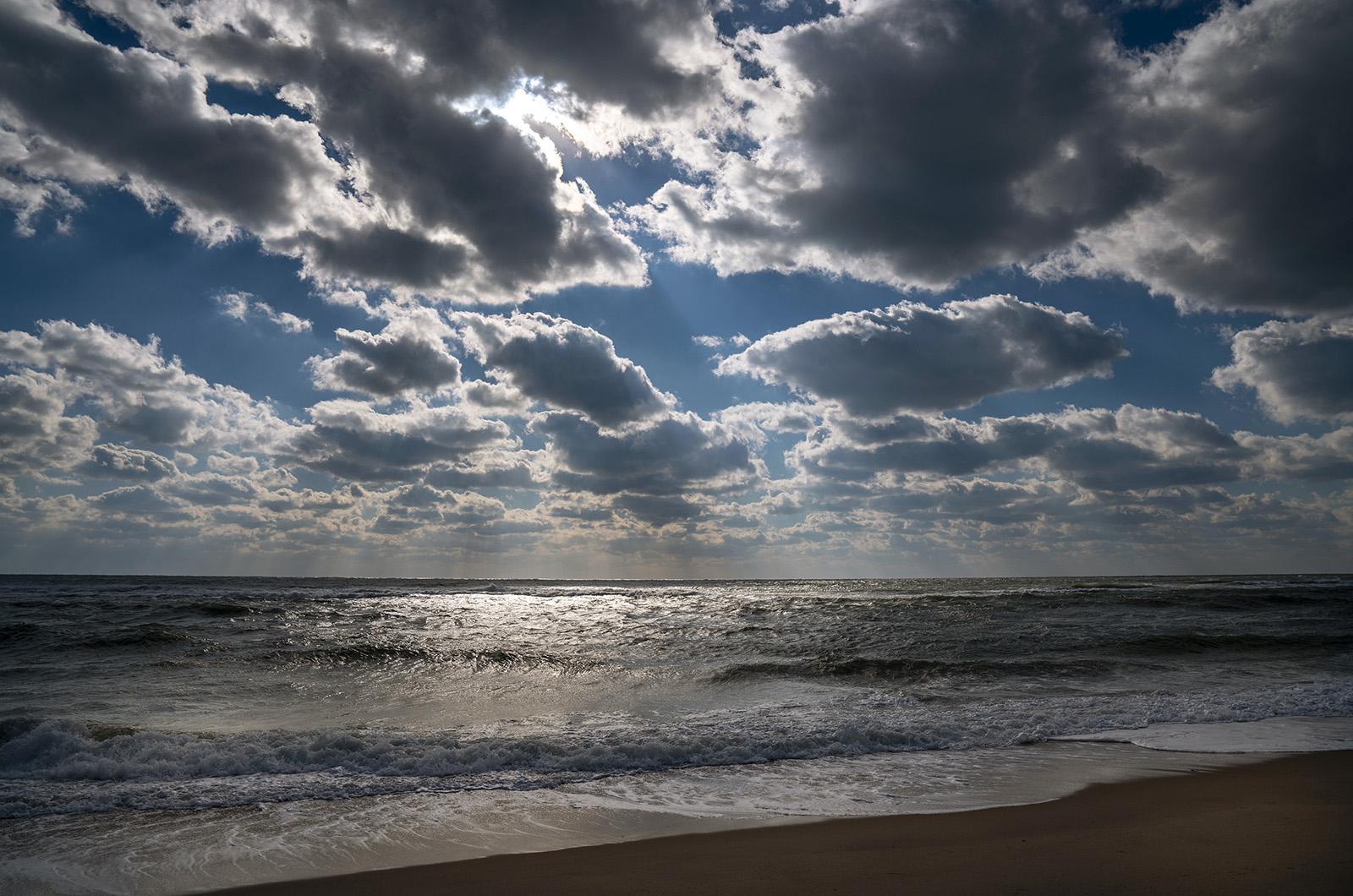A large offshore wind farm planned for south of Martha’s Vineyard remains afloat, its leaders said last week, even as inflation and supply chain issues continue to threaten the development’s financial viability.
Commonwealth Wind, a 1,200 megawatt wind farm planned for about 20 miles south of the Island, said in a statement sent to the Gazette that it would forge ahead with the project despite the current economic climate, which has roiled global commodities markets and forced the large offshore infrastructure development to ask for a pause in its review.
Commonwealth Wind is owned by a renewable energy company called Avangrid, headquartered in Connecticut.
“Avangrid believes there is a path forward for this project, and…made a filing with the Department of Public Utilities so that we can continue to engage in ongoing discussion with all parties on these important issues,” said senior vice president for offshore projects, Sy Oytan, in a statement.
But Mr. Oytan acknowledged the challenges facing Commonwealth Wind as it attempts to tread water, and did not specify how the company plans to return the project to financial viability after requesting the state delay review earlier this year.
“We have been transparent and committed, at all times, to doing everything we can to move the project forward, including coming to the table with all parties to find a solution to the unprecedented economic challenges facing this major infrastructure project,” Mr. Oytan said in the statement.
Commonwealth Wind asked the state Department of Public Utilities for a pause in its review in October, requesting time to renegotiate its energy contracts after hikes in commodities prices, inflation and the war in Ukraine made the project no longer commercially viable, according to a court filing.
The company said that it needed “modest” energy price increases to return the project to viability. But those price increases would have to be renegotiated with utility companies — a complicated process that the state has thus far refused to reopen.
Offshore wind companies negotiate power purchase agreements with electric distribution companies prior to construction — a process overseen by the state. Commonwealth’s contract, signed in May of 2022, included a guaranteed commercial operation date of Nov. 1, 2027 and an energy price of about $72 per megawatt hour.
But in October, Commonwealth filed a motion with the Department of Public Utilities to suspend the proceedings, arguing that global economic winds had shifted, making the power price the company had agreed to back in May no longer feasible. Another offshore wind developer, Mayflower Wind, filed a motion in support of the suspension.
The state promptly rejected Commonwealth’s request, saying in a Nov. 4 response that the pause would lead to much longer-term delays, cause administrative inefficiency and disrupt a complicated agreement the company had already made with the utilities. The state also said that Commonwealth likely knew its project was no longer viable long prior to the filing.
“While the department will not speculate as to when Commonwealth Wind first determined its project was no longer viable under the terms of the [power purchasing agreements], it is evident that the economic impacts of the COVID-19 pandemic and war in Ukraine on its project became apparent some time before Commonwealth Wind notified the department,” a court filing reads.
In a letter sent to Avangrid about one week later on Nov. 13, state Energy and Environmental Affairs secretary Beth Card acknowledged the challenging economic climate, but said the recently-passed Inflation Reduction Act would expand tax credits for offshore wind development, encouraging Commonwealth Wind to stay the course.
“While the current macroeconomic conditions are challenging and many in the industry face inflationary pressures, actions at the federal and state level have been made to directly address these effects,” Ms. Card wrote.
Avangrid responded one day later on Nov. 14, saying that they would move forward with the project, although the company did not specify how the project would become economically viable, and suggested it may still need to renegotiate pricing.
Commonwealth Wind’s economic troubles come as the race for offshore wind south of Martha’s Vineyard has heated up in recent months.
Vineyard Wind, which plans to have the east coast’s first industrial-scale offshore wind farm online in 2023, has started construction on the undersea cable portion of its project. The undersea cable portion of a third project, called Park City Wind, is currently under review from the Edgartown conservation commission. Park City Wind has power purchasing contracts with Connecticut.
Vineyard Wind, Park City Wind and Commonwealth Wind are all either partially or fully owned by Avangrid, and are all adjacent projects within the same federal lease area that stretches diagonally about 15-25 miles south of Martha’s Vineyard. Along with those three projects, the state has at least six additional offshore wind projects in the pipeline, covering hundreds of nautical square miles south of the Island.
The projects, including Commonwealth Wind, are an integral part of the state’s green energy goals, which seek a 50 per cent emissions reduction by 2030. The state hopes to have at least 3,200 megawatts of offshore wind energy in operation by 2030.






Comments (10)
Comments
Comment policy »